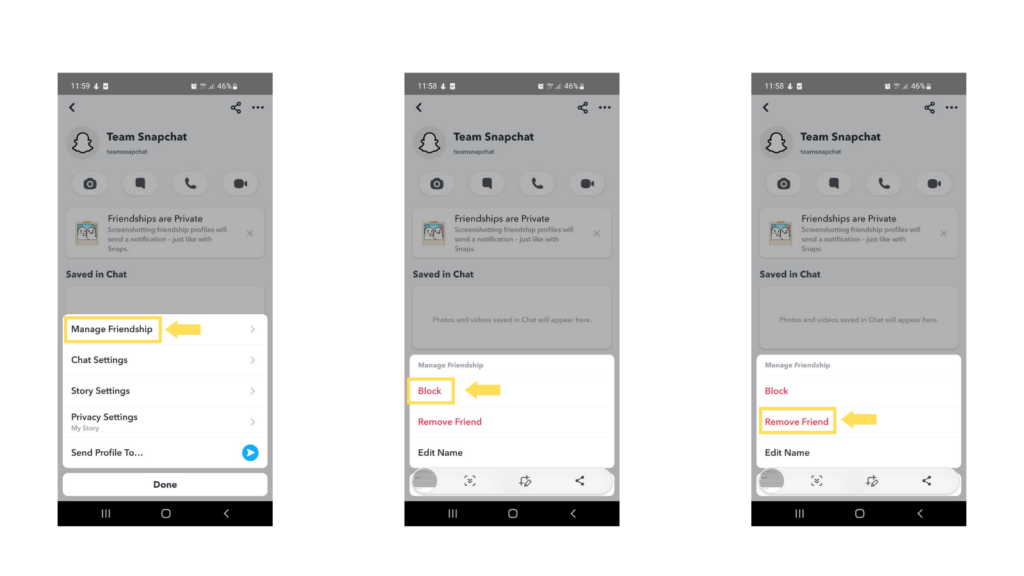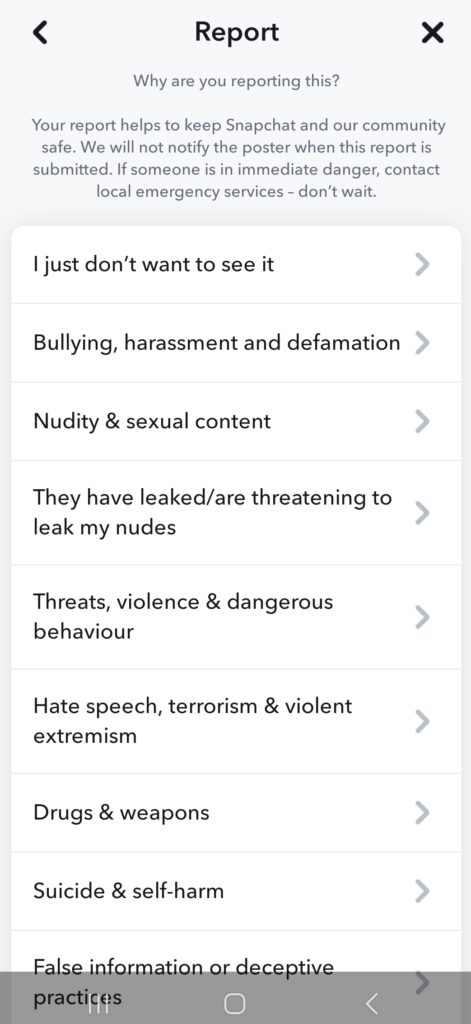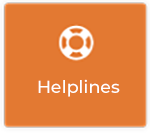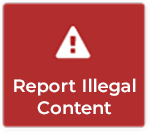7 Things Parents Need to Know about Snapchat
Lots of teens are using Snapchat, if your child is one of them here’s some things you need to know about the popular messaging app.
1. You can block other users
If your child is experiencing harassment, being bullied or receiving unwanted contact on Snapchat, there is an option to block users. Blocking users will prevent them from sending Snaps, viewing Chats or seeing your Stories. You can also delete users from your contact list. Deleting users will remove them from your contact list and will prevent them from sending you any messages. For more information on blocking and deleting users on Snapchat go to: https://help.snapchat.com/hc/en-us/articles/7012401093396-How-to-Block-a-Friend-on-Snapchat
How to remove or block someone on Snapchat
2. You can report abuse
In addition to blocking and deleting other users, Snapchat does have the option to report abuse. Users should report any inappropriate content they come across, harassment or bullying to Snapchat. There is a dedicated section on their website for reporting abuse/inappropriate content. For more information go to How do I report abuse or illegal content on Snapchat?
3. You can save Snaps
What makes Snapchat different from other apps is messages disappear after a certain amount of time. But not everyone is aware that Snapchats can be captured and saved. While the Snapchat app doesn’t have this option there are many third party apps available which can be used to capture images on Snapchat. Users can also screenshot images on their phone, however Snapchat usually lets a user know if this has happened.
4. You can share your location
Snapchat allows users to share their location with their friends/contacts using the Geofilters function or Snap Map feature. If a user has their location services enabled on their phone and has filters turned on within Snapchat settings, it is very easy to share your location. Users can simply share their location by swiping right on the Snap they wish to share. This option can be disabled by ensuring your phone’s locations settings aren’t enabled, you can also turn off filters in the Snapchat settings. For information on updating Snap Map location sharing go to: webwise.ie/parents/snap-map/
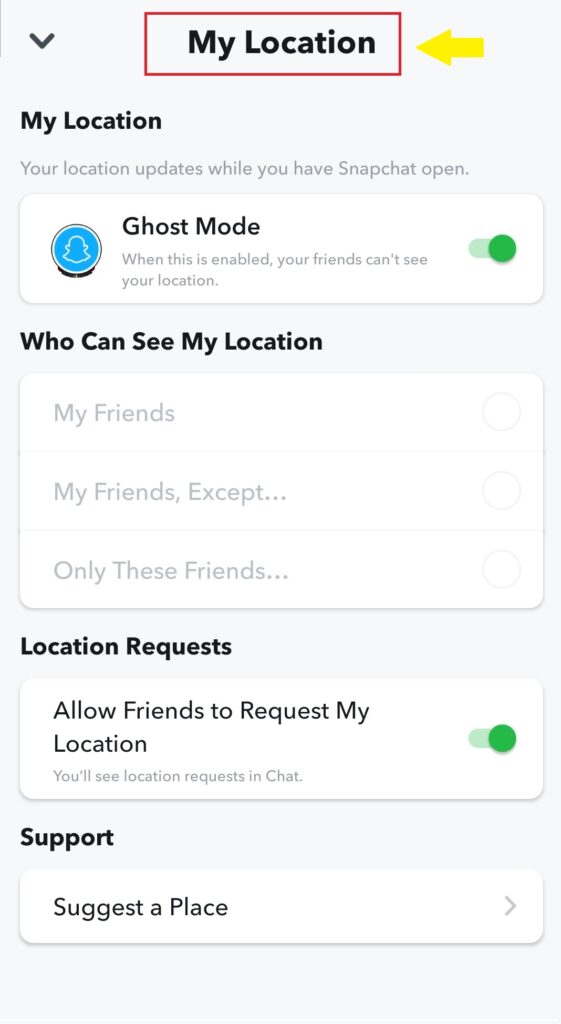
For more information on Geofilters go to: https://support.snapchat.com/a/geofilters
5. Saving inappropriate Snaps could get you into trouble
Snapchat can also be used by teens to send intimate images. Many young users may not be aware that saving or sharing of certain images could land them in trouble. In Ireland there have been recent amendments to legislation and the introduction of Coco’s Law which will criminalise the distribution of intimate images without consent. You can familiarise yourself with the most up to date legislation here. In addition, under data protection law, individuals have the right not to have their personal data, including their image, collected and published without consent.
6. Users can send a Snap from a friend’s story to another user
Snapchat Stories are popular with users. Stories allow users to compile photos/videos for all their friends to view and publish them as a Story. Unlike normal Snaps, Snapchat Stories last for 24 hours and can be viewed more than once by anyone connected to a users’ Snapchat profile. Snapchat also allows users to send a Snap from a friend’s story to another user (via private message). This is something users need to be careful with as it gives less control of who sees your stories. The best advice is not to share anything you would not want your Granny to see.
7. Users can report a Snap on Story Explorer
If you see something on Story Explorer that does not follow Snapchat’s Community Guidelines, press and hold on the Snap to report it to the Snapchat team.
For more information on Snapchat safety go to: snapchat.com/safety/ and for more information on the Snapchat parental supervision tools visit the Snapchat Family Centre.





